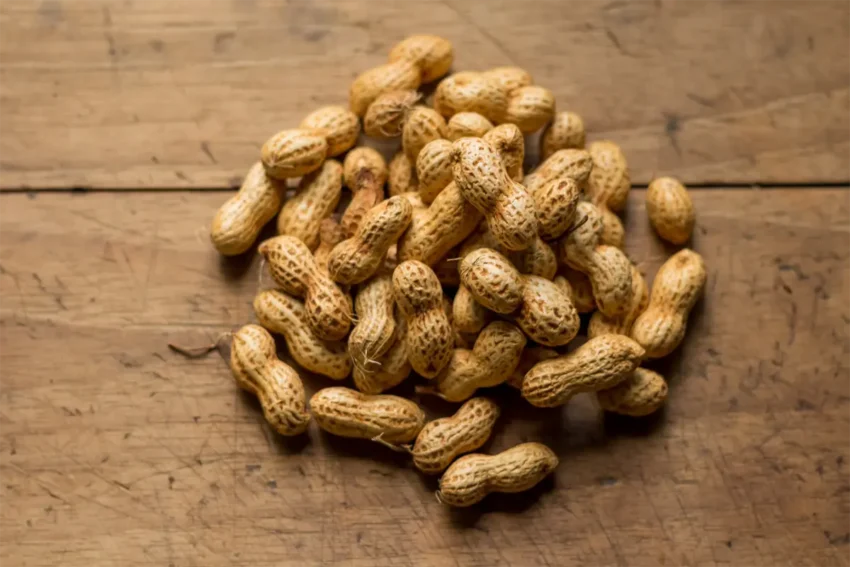Peanuts are one of the most widely consumed types of nuts in the world. They are not only a delicious and convenient snack, but also a highly nutritious food that offers a range of health benefits. In this article, we will take a closer look at the nutritional benefits of peanuts.
Peanuts are a good source of healthy fats, protein, and essential vitamins and minerals. They are particularly rich in monounsaturated and polyunsaturated fats, which can help reduce levels of LDL cholesterol, often referred to as the “bad” cholesterol. This, in turn, can help reduce the risk of heart disease and stroke.
Peanuts are also a good source of plant-based protein, making them an ideal food for vegetarians and vegans. One ounce (28 grams) of peanuts contains about 7 grams of protein, which is roughly equivalent to the protein content of a small egg.
In addition to their healthy fats and protein content, peanuts are also a good source of essential vitamins and minerals. They are particularly rich in vitamin E, a powerful antioxidant that can help protect against oxidative damage and reduce the risk of chronic diseases. Peanuts are also a good source of B-vitamins, including niacin and folate, which are essential for brain function and the formation of red blood cells.
Peanuts also contain other essential minerals, including magnesium, phosphorus, and potassium. Magnesium is important for bone health, muscle function, and nerve function, while phosphorus is essential for the formation of bones and teeth. Potassium is important for maintaining healthy blood pressure and heart function.
Another notable health benefit of peanuts is their ability to help regulate blood sugar levels. Peanuts are relatively low in carbohydrates and high in healthy fats and fiber, which can help slow the absorption of glucose into the bloodstream and prevent spikes in blood sugar levels.
Overall, peanuts are a highly nutritious food that can provide numerous health benefits. They are a good source of healthy fats, protein, and essential vitamins and minerals, and can help reduce the risk of heart disease, regulate blood sugar levels, and promote overall health. Peanuts are also a versatile food that can be enjoyed in a variety of ways, from snacking on raw peanuts to adding peanut butter to smoothies and other dishes. Adding peanuts to your diet can be an easy and delicious way to improve your overall health and well-being.

